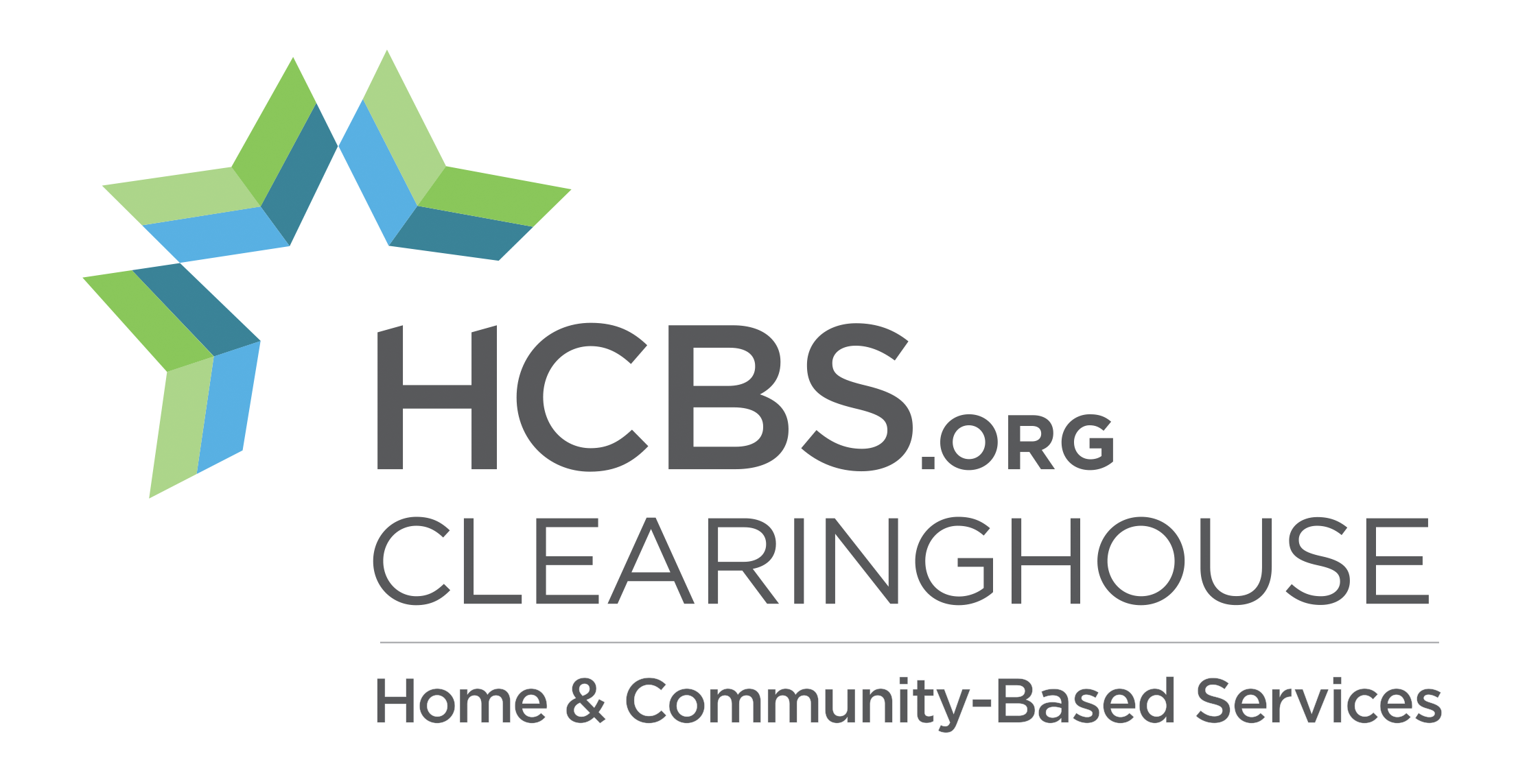
Status and Trends in the Direct Support Workforce in Consumer-Directed Supports – Journal Abstract
Article Publication Date
Summary
Self-directed programs that allow individuals with intellectual and
developmental disabilities to exercise greater control over their
finances have become increasingly common, however challenges in the recruitment, retention and training of direct support workers have grown more acute. In this article, the authors investigate the status of the Direct Support workforce for people using self-directed supports in one Midwestern state, based on the results of a statewide survey of service users.
developmental disabilities to exercise greater control over their
finances have become increasingly common, however challenges in the recruitment, retention and training of direct support workers have grown more acute. In this article, the authors investigate the status of the Direct Support workforce for people using self-directed supports in one Midwestern state, based on the results of a statewide survey of service users.
Types/Tools
Sources
American Association on Intellectual and Developmental Disabilities (AAIDD)
Programs/Initiatives
States
October 2010 "Intellectual and Developmental Disabilities," 48(5), 345-360
Contact
Matthew
Bogenschutz
University of Minnesota, Research and Training Center on Community Living
NULL
boge0021@umn.edu

